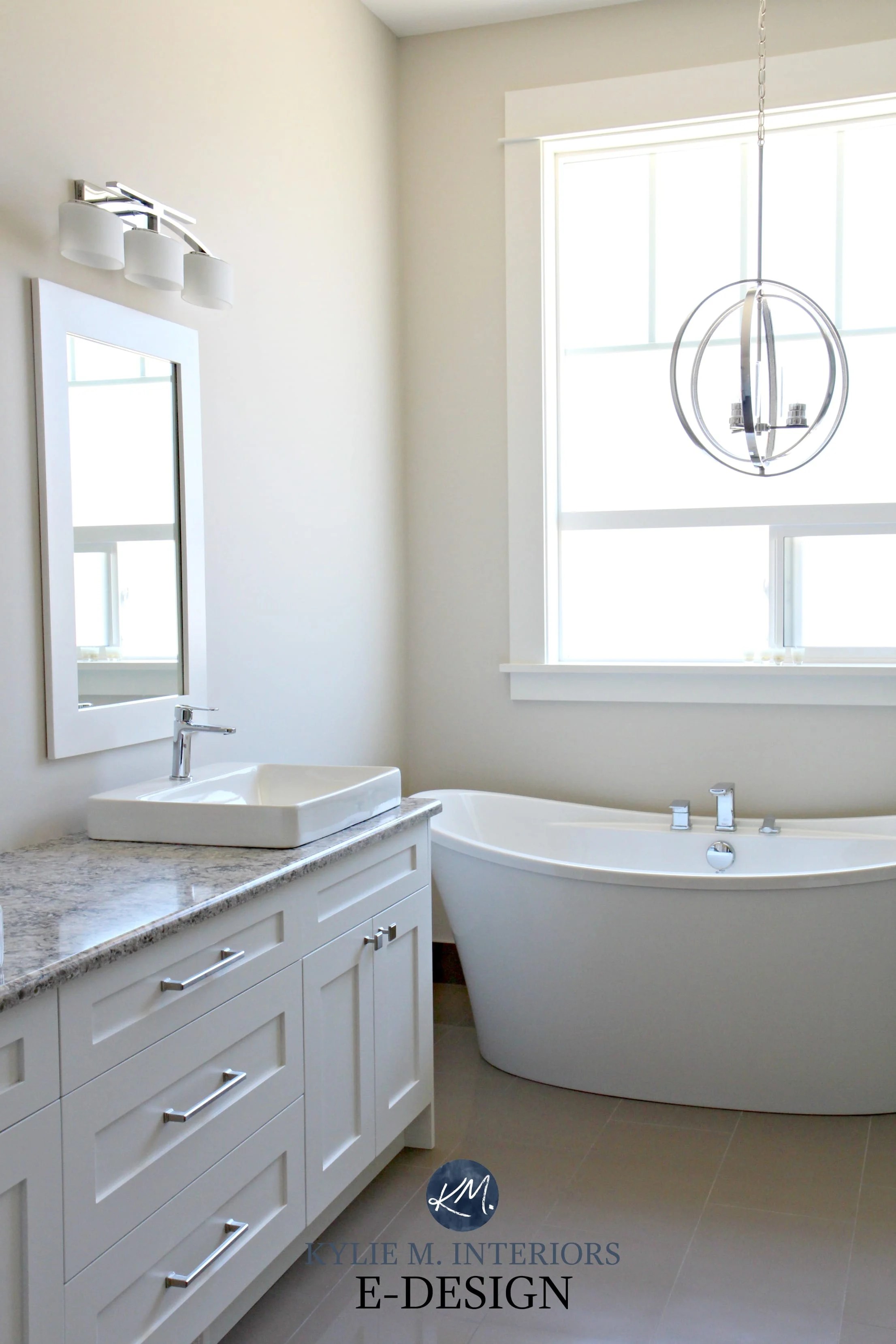Decoding the Perfect White Sherwin Williams Wall Paint
White walls. They seem simple, right? But choosing the right shade of white can be surprisingly complex. This is especially true when navigating the extensive palette of Sherwin Williams white wall colors. Finding the perfect white for your space is crucial, impacting the overall ambiance and feel of a room.
Sherwin Williams offers a vast array of whites, each with unique undertones and characteristics. These subtle variations can make a significant difference in how a white appears in your home. Factors like natural light, surrounding decor, and the room's purpose all influence the final look of a chosen white paint. This exploration aims to demystify the world of Sherwin Williams white paints and help you navigate the nuances of choosing the perfect shade.
From the crisp coolness of Pure White to the warm embrace of Alabaster, the right white can transform a room. But with so many options, how do you choose? Understanding the undertones – hints of other colors like pink, blue, or yellow – is key to making the right selection. This subtle color influence dictates how a white interacts with light and other colors in the room. A seemingly simple white can appear starkly different depending on these underlying hues.
Historically, white has represented purity, cleanliness, and a blank canvas for design. Sherwin Williams, founded in 1866, has a long history of providing quality paints and a vast selection of whites. They’ve played a significant role in shaping the landscape of interior design, offering innovative solutions and trending color palettes to homeowners and professionals alike.
One of the main issues when selecting a Sherwin Williams white is understanding how the paint will look in your specific space. Lighting conditions are paramount. North-facing rooms typically receive cooler light, while south-facing rooms benefit from warmer light. Therefore, a white that looks fantastic in a brightly lit showroom might appear completely different in your home. Testing paint samples in your space is crucial to ensure you achieve the desired effect.
For example, Sherwin Williams Alabaster, a popular choice, has warm undertones that create a welcoming atmosphere. Conversely, Sherwin Williams Extra White, with its cool undertones, offers a crisp, modern feel. Consider the overall aesthetic you want to achieve. A minimalist space might benefit from a pure, bright white, while a cozy cottage might be enhanced by a warmer, off-white shade.
Benefits of Sherwin Williams White Wall Colors:
1. Versatility: White serves as a neutral backdrop, allowing you to easily change decor and accent colors without clashing. Example: A white living room can transition from a summery feel with bright textiles to a cozy winter atmosphere with richer fabrics.
2. Light Enhancement: White reflects light, making rooms appear larger and brighter. Example: A small bathroom painted in a bright white can feel more spacious and airy.
3. Timeless Appeal: White transcends trends and remains a classic choice for interior design. Example: A white kitchen maintains its elegance and style for years to come.
Action Plan for Selecting a White:
1. Gather paint chips of several Sherwin Williams whites.
2. Paint large swatches on your walls in different areas of the room.
3. Observe the swatches throughout the day and evening to see how they interact with changing light.
4. Narrow down your choices and make your final selection.Advantages and Disadvantages of Sherwin Williams White Wall Colors
| Advantages | Disadvantages |
|---|---|
| Brightens Rooms | Can Show Dirt Easily |
| Versatile Backdrop | Requires Careful Undertones Selection |
| Timeless Appeal | Can Feel Stark if Not Balanced with Other Colors |
FAQ:
1. What is the most popular Sherwin Williams white? Alabaster is often cited as a favorite.
2. What white is best for trim? Extra White or Pure White are common choices.
3. Do I need to prime before painting white? Priming is recommended, especially when painting over a darker color.
4. What sheen is best for white walls? Eggshell or satin are popular choices for walls.
5. Can I use the same white for walls and trim? While possible, using slightly different shades can add depth.
6. How do I prevent white walls from looking sterile? Incorporate textures, patterns, and other colors through furniture and decor.
7. What undertones should I avoid? It depends on your lighting and preferences, but overly pink or yellow undertones can be challenging.
8. Where can I find more information? The Sherwin Williams website and local stores offer expert advice.
Conclusion:
Choosing the right Sherwin Williams white wall color is more than just picking a can of paint. It’s about understanding the nuances of undertones, lighting, and how the chosen white interacts with your space. By carefully considering these factors, you can transform your home with the perfect shade of white. From the bright and airy feel of Pure White to the warm embrace of Alabaster, Sherwin Williams offers a spectrum of whites to suit any style. Take the time to explore the options, test samples, and discover the perfect white to bring your design vision to life. Don't settle for just any white – find the one that perfectly complements your space and enhances your personal style. With the right shade, you can create a home that is both stylish and welcoming, a sanctuary that reflects your unique taste and personality. Invest in the process, and you’ll be rewarded with a beautiful and enduring result.
Needle angulation anterolateral to posteromedial the definitive guide
Unlocking the power of microsoft bing your comprehensive guide
The impossible image exploring the myth of flight attendant pictures in engine wells














